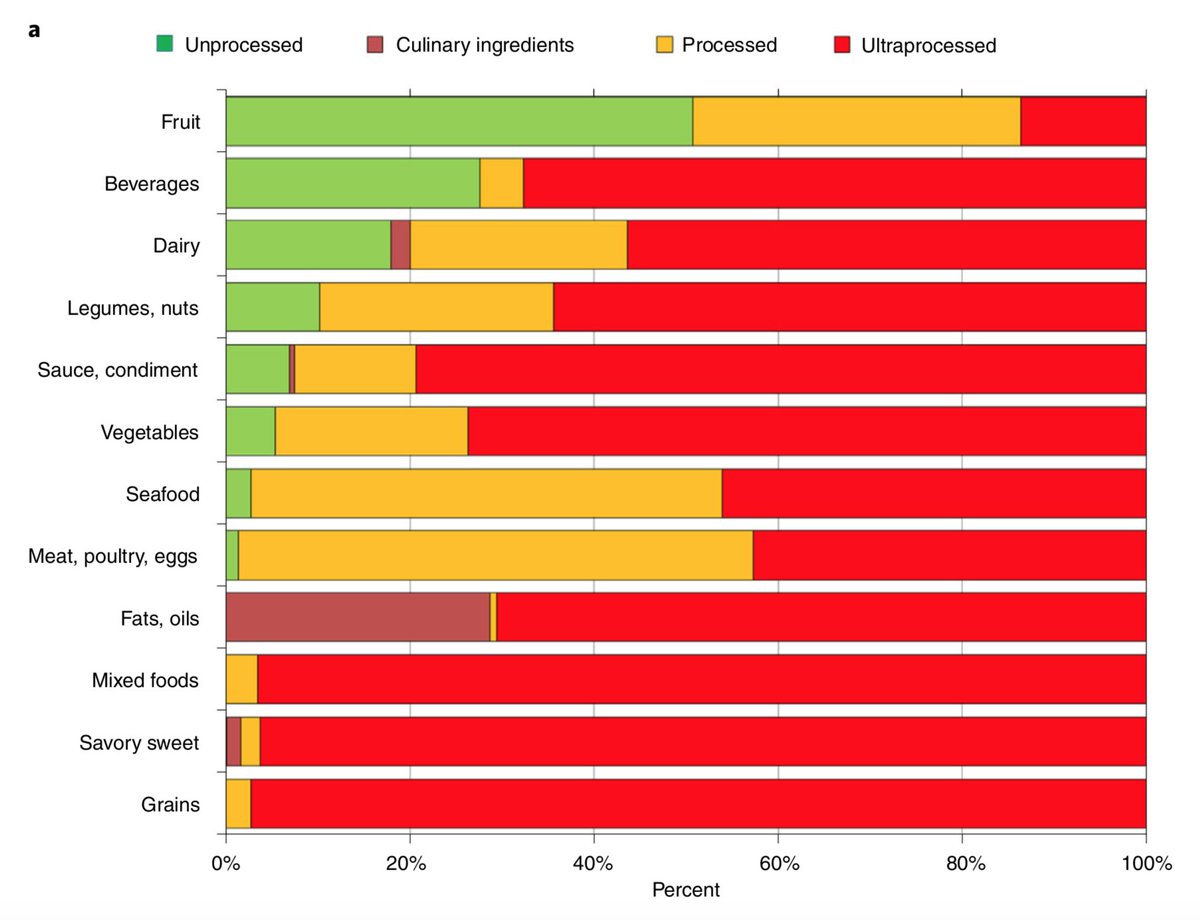
If you missed the #HiddenHunger webinar I will post my slides on this thread.
You can watch the entire recording here:
gainhealth.org/events/new-glo…
@LancetGH paper is here:
thelancet.com/journals/langl…
You can watch the entire recording here:
gainhealth.org/events/new-glo…
@LancetGH paper is here:
thelancet.com/journals/langl…

I started with a brief overview of the approach. More details are in the paper. In short, this was the first ever estimate of prevalence of any micronutrient deficiency worldwide. 

The high level finding is that 1 in 2 children and 2 in 3 women worldwide have at least one micronutrient deficiency. Many children and women have multiple deficiencies. These are wreaking havoc on immune systems, hindering growth and development, and limiting human potential. 

As many as 9 in 10 women in many lower income countries are deficient. But no country is untouched. Even in the UK 1 in 2 women are deficient; in the US 1 in 3 women are deficient. Iron deficiency alone is prevalent in 1 in 5 women in the US and the UK. 

Single micronutrient deficiencies in iron, zinc, folate, vitamin A, vitamin D, and vitamin B12 are common. As many as 40% of children and 70% of women have multiple deficiencies at the same time.
thelancet.com/journals/langl…
thelancet.com/journals/langl…

No region, including high-income countries, has a prevalence of one or more micronutrient deficiencies lower than 45%. This affects all of us. 

Here is the final slide and the key insights. The previous estimate that 2 billion people worldwide are affected by micronutrient deficiencies is a major underestimate. It's more likely that 1 in 2 of us worldwide are affected by #HiddenHunger.
Recording:
Recording:

• • •
Missing some Tweet in this thread? You can try to
force a refresh

















